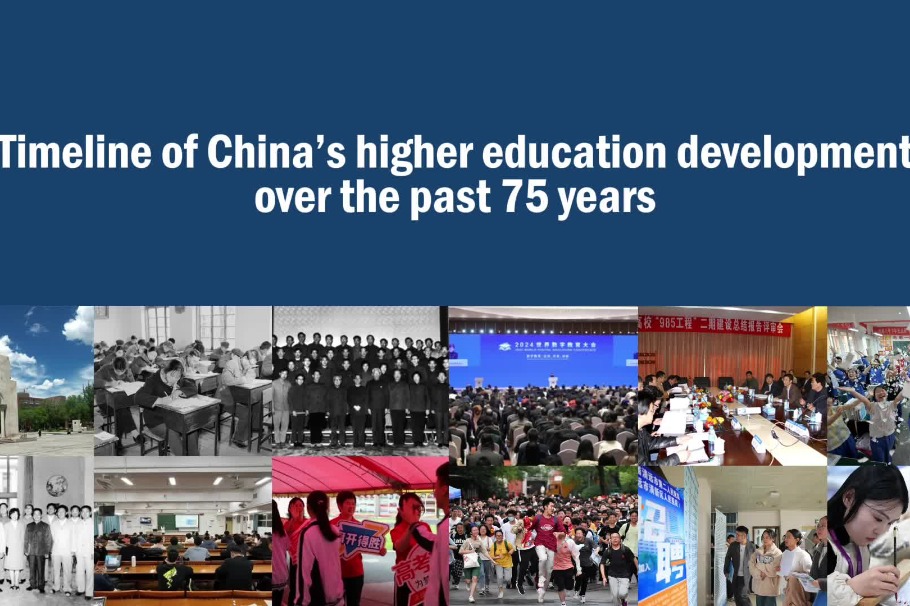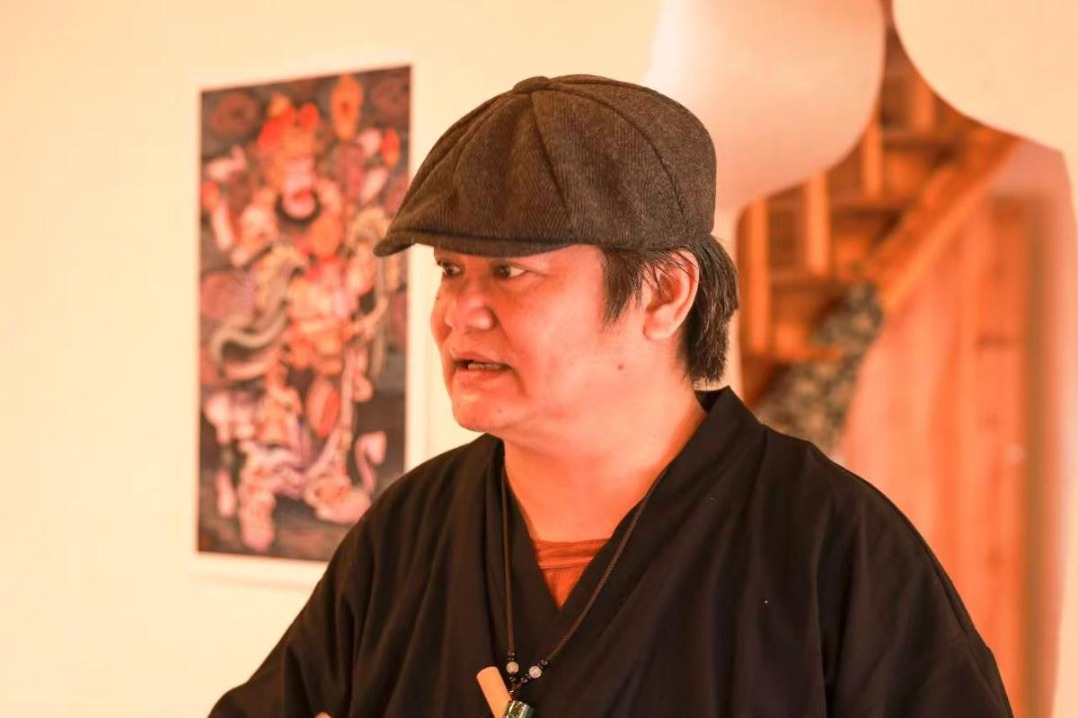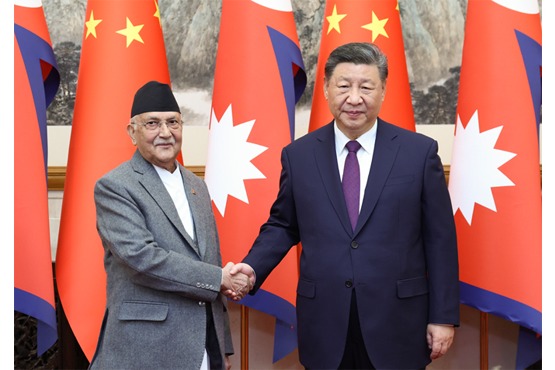Uneven price of dental implants not so pearly

Public complaints lead authorities to find ways to make treatment cheaper
Following widespread complaints about the cost of dental implants, the National Healthcare Security Administration said recently that it is considering a campaign to crack down on irregular pricing to make implants more affordable.
While the announcement has largely been applauded by the public, industry insiders said that any price caps should be reasonable and reflect the value of properly trained oral implantologists, who are in short supply in China.
In a draft notice released on Aug 18 to solicit opinions, the authorities said that the issue of improper and excessive charges is a long-standing problem in the field of dental implantation.
With improving living standards and a rapidly aging population, it is planning a campaign devoted to regulating the sector, which will focus on devising standard pricing mechanisms, improving price regulation and initiating the bulk procurement of dental implants.
About 90 percent of the 230 responses received by Aug 27 support the proposed campaign, the administration said on Friday.
"Some message to say that 'We don't want our pension lining the pockets of dental clinics', or 'We are looking forward to the campaign because stomatology departments charge very high fees'," the administration said.
Cheng Zhenhua, 82, has had four teeth implanted at two private hospitals in Jiangsu province in the past two years.
"The product portfolio sounded very complicated to me. There were implants from the United States, the United Kingdom and Germany and their prices ranged from a few thousand to over 30,000 yuan ($4,314)," she said.
Cheng eventually settled for implants made in South Korea, which, along with surgery fees, cost her around 5,500 yuan each. "I would certainly pick more expensive ones if I were younger. But as I'm over 80, I think these cheaper ones will suffice," she said.
How much reduction is appropriate remains contentious. The administration said that quite a number of incoming messages suggested reducing the total cost per tooth, from start to finish, to under 10,000 yuan, while others suggest a price tag of around 3,000 yuan.
"Some also suggested that price regulation measures should not adopt a one-size-fits-all approach and take regional differences into consideration to promote the sustainable development of the sector," the administration said.
Meanwhile, around 10 percent of the feedback expressed reservations or objections.
One line of thought was that given the complexity of dental implant surgery, the risk and hard work shouldered by implantologists should be taken into consideration and domestic pricing standards should be aligned with some developed countries. "The sector should not be stigmatized," read another comment made public by the administration. "The impression that the service is overpriced primarily stems from a lack of qualified dentists. More effort should be devoted to training before considering a move to cut prices."
The manager of a private dental hospital in Beijing, who requested anonymity, said that it is a misconception that the sector is hugely profitable.
In Beijing, a course of dental implants using mid-to-high end products costs around 15,000 yuan and the medical consumables involved only account for about 3,000 yuan, or 20 to 30 percent of the total expenditure.
"It is the cost of consulting a professional dentist that makes up the bulk of the price-roughly 40 to 50 percent," she said. "The procedure is nothing like a manicure, implanting teeth is a sophisticated operation. You use implants to chew food and they have to be positioned so that the jaw closes properly and they can last up to thirty years, so the skill of the surgeon is very important."
While opposed to lowering medical service fees, the anonymous manager agrees that bulk procurements aimed at lowering the costs of medical consumables or the use of business insurance plans to alleviate the financial burden on consumers, are both viable options.
Rong Wensheng, a doctor at Peking University's School and Hospital of Stomatology and deputy secretary-general of China Oral Health Foundation said that according to the most recent national oral health survey, which was released in 2017, about 80 percent of China's elderly had missing teeth and only half had sought replacements.
She said that compared to other conventional approaches-the use of removable or fixed dentures-dental implants have the best outcomes and are extremely comfortable, but getting them is also more complicated and expensive.
"Given the many advantages of implants and economic advancement in China, domestic demand will rise," she said.
"However, the procedure must be undertaken by dentists with additional specialized training or by implantologists, and the number of such people in China is estimated to be less than 10,000."
However, Rong added that dental implants are not the only option available and that it is also necessary to increase awareness of oral health so that people keep more of their teeth.
Chen Jinfu, the administration's deputy director, said during a news conference in February that the administration had helped authorities in Sichuan province band together with other localities to launch bulk regional procurements of dental implants.
Xu Baohua, head of the China-Japan Friendship Hospital's stomatology center, said that centralized procurement should lead to a price cut of about 25 percent.
"With a price reduction, regular patients can opt for domestic products and those with more complicated cases can choose more advanced products," he said during an interview with Global Times.
He also called for heightened efforts to crack down on false advertising and overt promotion in the sector.
- UNESCO inscribes Spring Festival on ICH list
- First blue book on early childhood development launched
- Chinese solutions to desertification win global praise
- China's One Foundation donates 'warm packages' to primary school students
- Guangdong's media think tank aims for global impact
- Yangtze River Delta region cements position as China's economic powerhouse





































